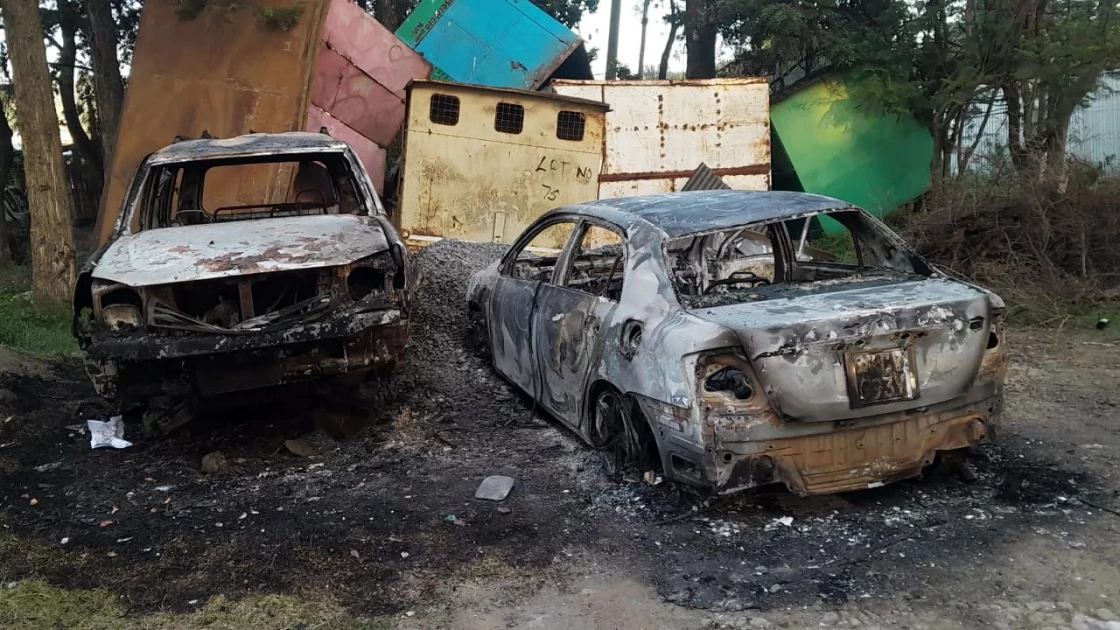The government is working to ensure both refugees and host communities benefit from development, Immigration and Citizen Services Principal Secretary Dr. Belio Kipsang has said.
Dr. Kipsang appeared before the National Assembly’s Committee on Regional Development on Thursday to update MPs on the implementation of the Shirika Plan—a national strategy aimed at transforming Kenya’s refugee camps into integrated and self-sustaining communities.
The plan, launched by President William Ruto on March 28, 2025, seeks to gradually phase out traditional refugee camps in Kakuma and Dadaab and replace them with permanent settlements that offer services such as education, healthcare, housing, and job opportunities to both refugees and locals.
“The Shirika Plan is not just about refugees; it is about ensuring no community is left behind. It is a blueprint for shared prosperity, resilience, and inclusive national development,” said Dr. Kipsang.
He said the plan is being rolled out in three phases: Transition (2025–2028), Stabilization (2029–2032), and Resilience (2033–2036). It is built on four key goals: improving service delivery, building institutional capacity, mobilizing funding, and promoting inclusion. The plan also focuses on issues like environmental conservation, skills development, and better use of natural resources.
Dr. Kipsang told MPs that Kenya currently hosts over 849,000 refugees, mostly from the Horn of Africa and the Great Lakes region. He explained that the Shirika Plan is in line with the 2018 Global Compact on Refugees and Kenya’s Refugee Act of 2021.
To involve the public, the government held more than 75 forums in areas such as Turkana, Garissa, Nairobi, and Mombasa between 2023 and 2025. These discussions included local leaders, civil society groups, development agencies, and refugees themselves.
However, MPs raised concerns that many community members still feel excluded.
Committee Chairperson and Sigor MP Peter Lochakapong said his team had visited the refugee camps and confirmed that locals were not fully involved in the process.
“The Shirika Plan may look good on paper, but people on the ground feel left out,” he said. “There’s a serious lack of sensitization and involvement of host communities and refugees in decision-making.”
Mandera West MP Adan Yussuf Haji said refugee issues seem to be handled mostly by international organizations such as UNHCR, with limited government oversight. He warned this could lead to national security risks if not addressed urgently.
Daadab MP Farah Maalim also expressed concern over environmental degradation caused by refugees, including deforestation and illegal hunting. He added that locals feel refugees are getting better services than them.
Ganze MP Kazungu Tungule asked why the government abandoned an earlier plan to close refugee camps and repatriate refugees. He requested clear answers on the sudden change in policy.
Fafi MP Yakub Farah asked whether the Shirika Plan has had any real success and raised concerns about the issuance of national IDs to refugees. He warned this could increase competition with locals for government jobs and other opportunities.
In response, Dr. Kipsang said decades of refugee presence had put pressure on schools, hospitals, and water systems. He called for more domestic funding, noting that international donor support is shrinking and that the World Food Programme has already cut food rations.
He emphasized that the Shirika Plan is designed to bring long-term solutions to both refugees and their hosts, creating stable, thriving communities.












